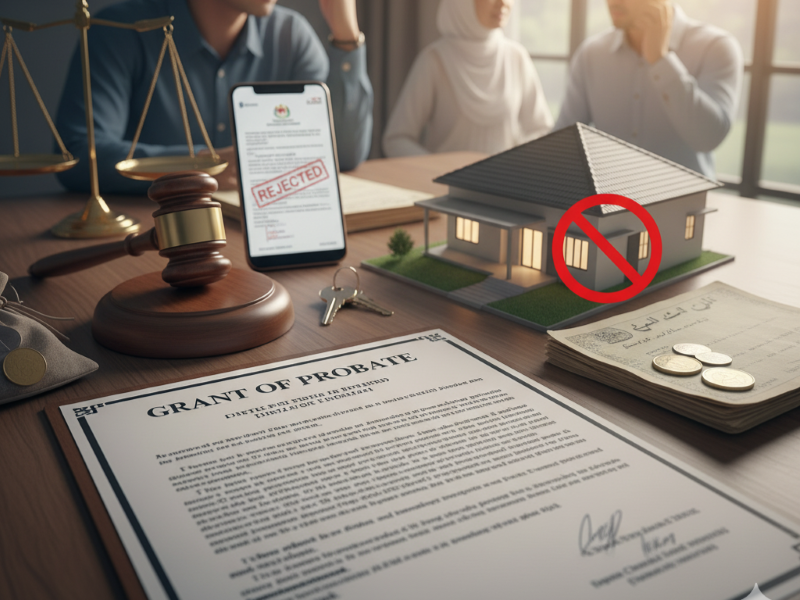⚖️ Mutual Wills: The Living’s Commitment, the Deceased’s Protection
In 2001, Mr. Hu and Mrs. Wang were a pair of retired teachers in their sixties.
They had shared decades of companionship, owning not vast wealth but a warm home, some savings, and the most precious thing — trust in each other.
That year, they made a mutual will 📜: if one passed away first, all assets would go to the other; upon the second’s passing, the estate would be divided equally between their nephew and niece.
This was not just a will, but a solemn legal commitment.
Unfortunately, a year later, Mr. Hu died of illness. Mrs. Wang inherited everything, and the 2001 mutual will took effect.
❓ Can a New Will Overturn the Old Agreement?
By 2003, Mrs. Wang had grown closer to her neighbour, Mr. Huang, and their relationship deepened.
She decided to make a new personal will, leaving all her assets to Mr. Huang.
The will stated: “Everything I own now — my house, my savings — shall belong to Mr. Huang.”
In 2004, Mrs. Wang passed away peacefully.
Mr. Huang eagerly took the 2003 will to a lawyer to process the inheritance, but the lawyer rejected it immediately.
Mr. Huang was puzzled: “Why? She signed it herself and had witnesses!” 🤷♂️
The lawyer calmly explained: “This will is invalid ❌. The 2001 document was a mutual will. Under the Wills Act 1959, once one party dies, the other cannot unilaterally change or revoke the agreed terms.”
“This is the law’s way of respecting mutual commitments and protecting the wishes of the deceased.”
Ultimately, Mrs. Wang’s entire estate was still divided equally between their nephew and niece, as stated in the 2001 mutual will 👨👩👧👦.
📌 What Is a Mutual Will?
A mutual will is when two people (often spouses) or more make wills based on mutual trust, with identical or interdependent terms.
They may be contained in one document or in separate documents with matching content.
The main features of a mutual will are:
✅ Once one party dies, the survivor must follow the agreed terms and cannot alter or revoke them.
✅ Any changes or revocations must be mutually agreed while both parties are alive.
✅ If one revokes unilaterally, they must notify the other, or it is deemed a breach.
This principle was confirmed by the English court in Dufour v Pereira (1769) ⚖️:
“If you have enjoyed the benefit of a mutual will, you cannot break the promise made to the other party.”
🏷️ How Is a Mutual Will Created?
In Malaysia, mutual wills must meet the basic requirements of Sections 3 to 5 of the Wills Act 1959:
✍️ Signed personally by the testator.
👀 Signed in the presence of two witnesses.
🔒 Recommended (though not compulsory) to include an explicit non-revocation clause to avoid disputes.
🔑 Can a Mutual Will Be Revoked?
Yes, but under certain conditions:
✔️ Both parties revoke it while alive.
Or
✔️ One party revokes unilaterally but clearly notifies the other.
💡 Final Thoughts
A mutual will is not just a plan for asset distribution — it is the final promise between spouses or family 💞.
It safeguards the wishes of the one who passes first and prevents the survivor from breaking their joint commitment under outside influence.
✅ Legal Tip
If you are considering a mutual will with your spouse or relative, always seek professional legal help to ensure it is valid, clearly worded, and compliant with the law ⚠️.
📖 Further Reading:
Key Points of the Wills Act 1959
• How to Revoke or Update a Will
• Single Will vs Mutual Will
📞 For further advice or assistance in drafting a mutual will, feel free to contact our legal team.












